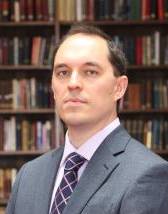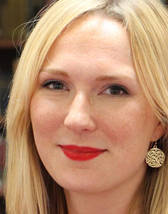RUSI Wins Grant to Research Advanced Conventional Weapons and Strategic Stability
The Carnegie Corporation of New York has awarded a grant to RUSI to study how advances in the conventional military capabilities of non-nuclear states could affect nuclear crisis stability and alliance dynamics.
Awarded to RUSI in partnership with the James Martin Center for Nonproliferation Studies (CNS), the grant is aimed to further understanding of how the capability of non-nuclear states, such as South Korea, to conduct precision strikes with conventional weapons could affect strategic stability.
These advanced weapons could increasingly allow such states to target command and control assets - or even the leadership - of a nuclear-armed adversary, thereby allowing the non-nuclear state to escalate a crisis independently of its nuclear-armed ally. In the Asian theatre these capabilities could affect United States and North Korean nuclear decision-making; and in the European theatre they could influence relations between NATO nuclear states and Russia.
This grant is part of a wider portfolio announced this month by Carnegie Corporation of New York, aimed at understanding the potential for increased nuclear risks associated with the emergence of novel technologies in a volatile world.
The project will be conducted at RUSI under the Proliferation and Nuclear Policy programme, which has delivered significant research on developing nuclear threats, nuclear stability, NATO and North Korea. Tom Plant, Director of Proliferation and Nuclear Policy said, "Recent events on the Korean peninsula have brought to life the particular risks of crisis instability when nuclear weapons are involved. It's absolutely critical to understand how alliance dynamics and advances in military technology might influence nuclear decision-making in similar circumstances in future." Our collaborators at CNS will be led by Andrea Berger, Senior Research Associate at the Middlebury Institute for International Studies and a RUSI Associate Fellow, who said "This project could not be more timely. We are delighted that we will be collaborating with RUSI to produce innovative research on such an important international security issue”
EXPERTS
Tom Plant
Senior Associate Fellow
Andrea Berger
Associate Fellow


